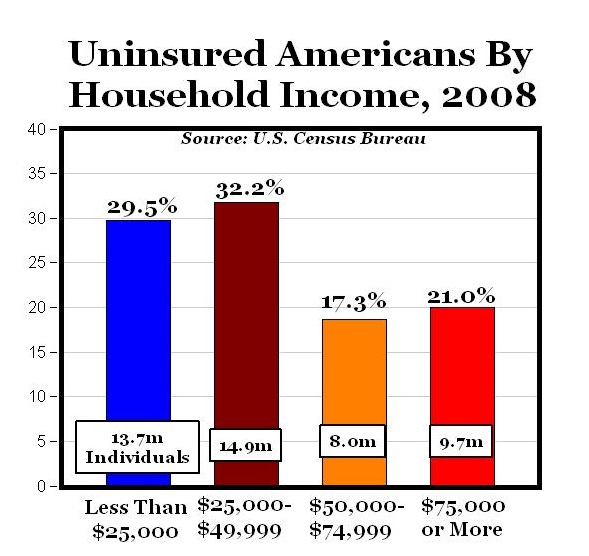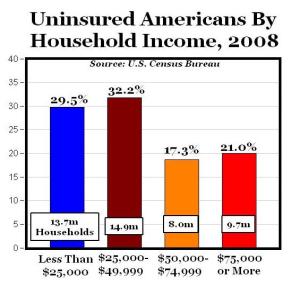In what is looking like is going to turn into a trend, the North Carolina GOP feels emboldened by their recent ass-whipping of the democrats in 2012. The next target in their sites?
State lawmakers are discussing draft legislation that would prohibit lottery retailers from knowingly selling tickets to customers who receive public assistance, such as food stamps, or are in bankruptcy, Pat Gannon at the Insider reports. “We’re giving them welfare to help them live, and yet by selling them a ticket, we’re taking away their money that is there to provide them the barest of necessities,” said Rep. Paul “Skip” Stam, R-Wake. He acknowledged it would be difficult for lottery clerks to know whether players get government help. But he suggested that in obvious cases, such as when customers pay for groceries with food stamps, they shouldn’t be allowed to buy lottery tickets at the same time.
So, there’s a bit to think through here, the first of which is this:
Is it really the role of a government to dictate how people spend their money? Is not a grown adult able to make a decision to spend their money in any way and manner that they desire?
I don’t wanna bring up whether or not government CAN do this, after all, if New York City can ban large sodas, so then can the state of North Carolina ban the sale of lottery tickets.
So yes, the government can, but should they? I, personally don’t think so. Not that I don’t resonate with the whole, “They shouldn’t play the lottery” thang – they shouldn’t:
Combining the players making less than $25,000 per year we see that just about HALF of the population plays the lottery. Further, those people who play are spending near $600 a year! This means that these players have near $600 of annual disposable income that they are choosing to spend on the lottery.
The law maker is right, folks who don’t have money have no business spending money on a system that is, in essence, a tax on the mathematically challenged. However, we don’t live in a world, or at least we don’t wanna live inn a world, where we need our government to protect us from every. single. bad. decision. there is to make.
The last point I wanna make is concerning the lottery itself. I get the impression that state run lotteries are the domain of the democrats. That, typically, republicans are against the lottery. Which begs the question, how can a caucus that rages against class inequality support a system that takes money from the general public, aggregate it, and then give an amount of money to an individual that places them in not only the top 1%, but the top .01%?
Fascinating.

















